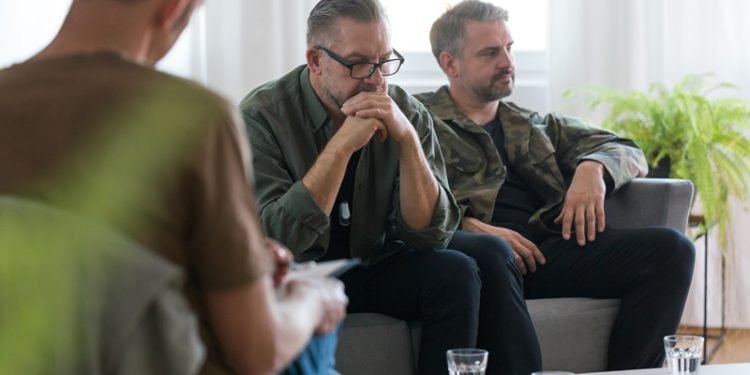The journey from combat to civilian life is a profound transition that many veterans face. The reality is that approximately 200,000 servicemembers transition out of the military every year, and each one encounters unique challenges during this shift.
Veterans transitioning to civilian life must navigate various obstacles, including finding employment, adjusting to civilian culture, and managing mental health issues. Understanding these challenges and fostering a supportive community can significantly enhance their transition experience. Keep on reading to learn more.
Understanding the Transition Journey
For many veterans, the shift from a structured military environment to a less-prescribed civilian lifestyle can be disorienting. They often find it challenging to re-establish personal and professional identities outside the military.
Additionally, there are feelings of isolation, as they might struggle to relate to friends or family who haven’t shared similar experiences. Moreover, these veterans may face barriers such as:
Job Market Familiarity
Many veterans do not fully understand how the civilian job market works. They may not know what skills employers are looking for. This lack of knowledge can make it harder to find the right job.
Skill Recognition
Military skills are valuable, but they may not match up with civilian job requirements. Veterans often struggle to explain these skills on resumes. Because of this, employers may overlook their true abilities.
Mental Health Issues
Conditions like PTSD or anxiety can make it hard for veterans to adjust to civilian life. These challenges can affect both work and daily living. Without help, mental health struggles may slow their progress in society.
Social Support Systems
Many veterans feel alone after leaving the military. They may not feel connected to the public or their community. This lack of support can lead to feelings of isolation.
Building Skills and Finding Support
For veterans adjusting to civilian life, building new skills is very important. Many programs and nonprofits give help through job training and mentorship made for returning service members. The Veterans Affairs (VA) and local groups also play a big role in support.
These groups offer career counseling and job placement help. They run workshops to teach resume writing and interview skills. They also give mental health support and create community events that bring people together.
Veterans should reach out to these resources whenever possible. Using them can make the transition easier. They help build skills, create connections, and give hope for a stronger future.
Cultivating Resilience and Confidence
Another crucial aspect of this transition is cultivating resilience and confidence. Veterans can benefit from a special veterans program focusing on mental well-being, mindfulness, and self-care practices. Here are some effective methods that may help:
- Engaging in regular physical activity or sports
- Participating in workshops centered around resilience building
- Utilizing veteran service organizations for support
- Learning new hobbies or interests to rebuild identity
By focusing on building resilience, veterans are more likely to embrace their new civilian identities while feeling empowered to overcome any hurdles.
Embracing the Future
The process for veterans transitioning to civilian life can be hard. With the right support and resources, veterans can do well. Every veteran has a different experience, and their needs are not the same.
It helps when veterans use local resources and connect with others in the community. Their service gave them skills that are useful in civilian jobs. A caring and understanding environment can make the change easier and help veterans build a good future.
For more related topics, check out the rest of our blog!











































































